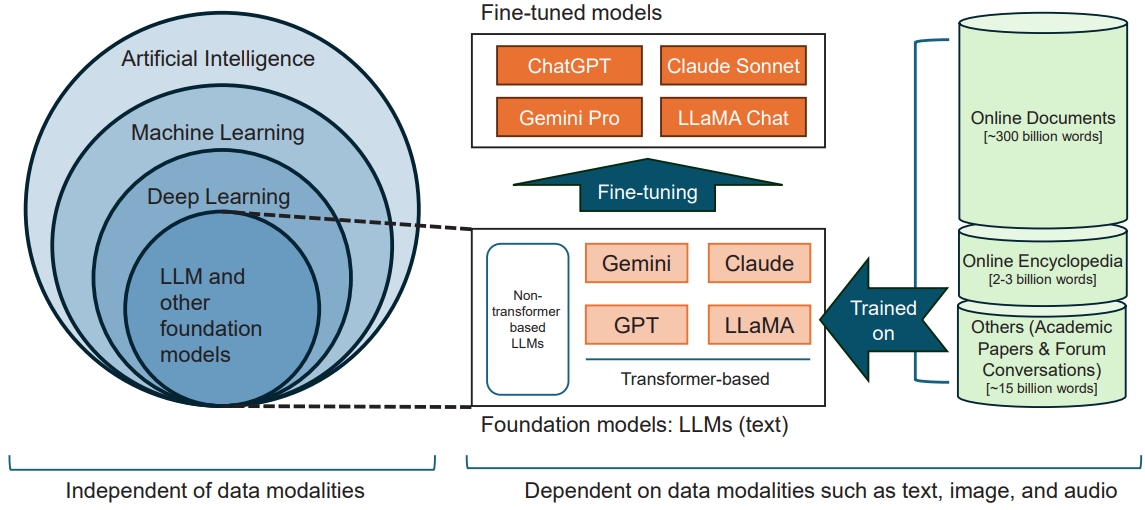
|
Artificial intelligence (AI) offers potential benefits in pediatric care, but its real-world adoption requires clinician literacy, ethical and legal safeguards, and cautious implementation. Large language models are emerging across healthcare, but their use in pediatric clinical practice remains premature. Thus, the cautious and accountable implementation of AI is crucial to preventing unintended harm and realizing its potential. |


